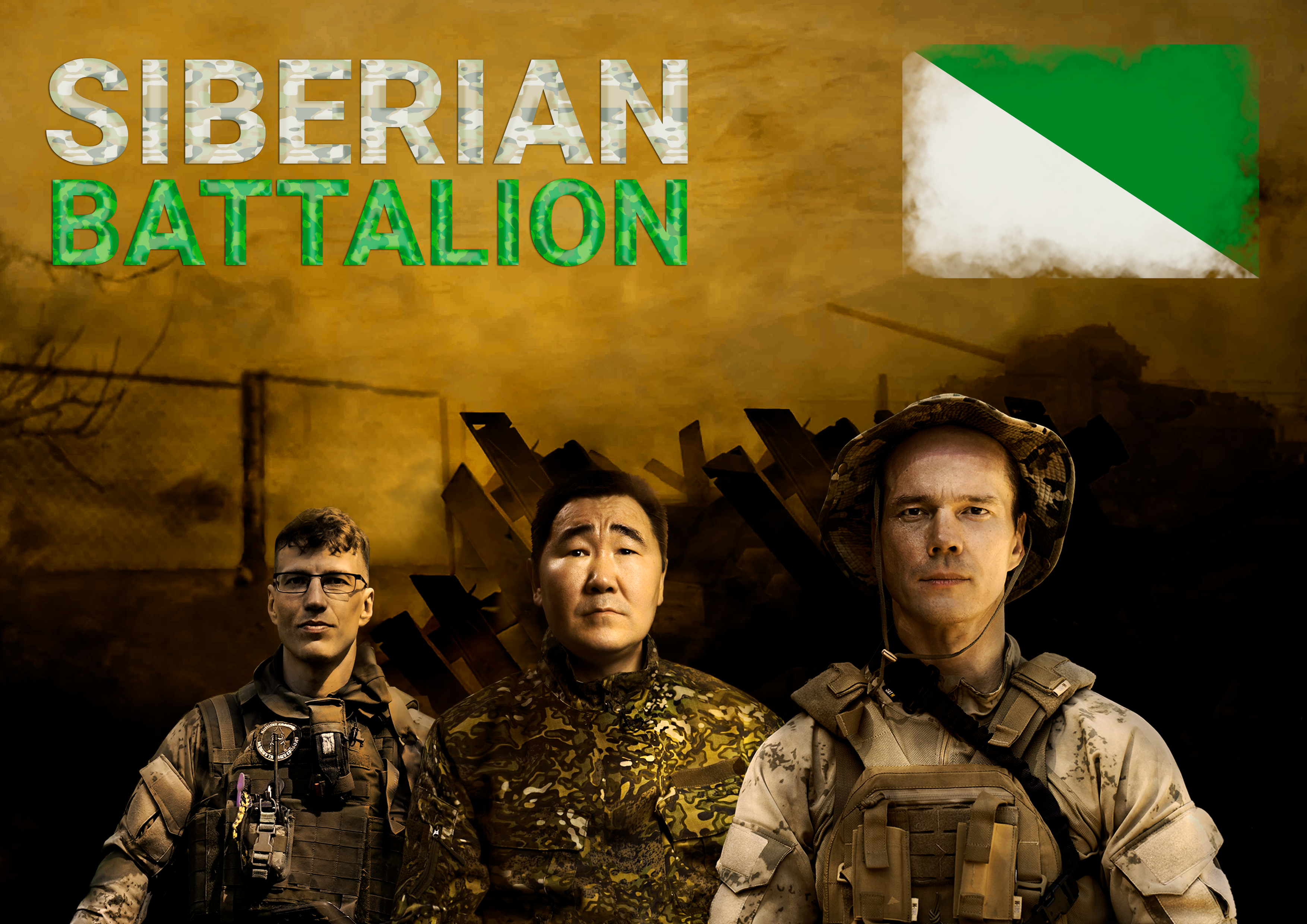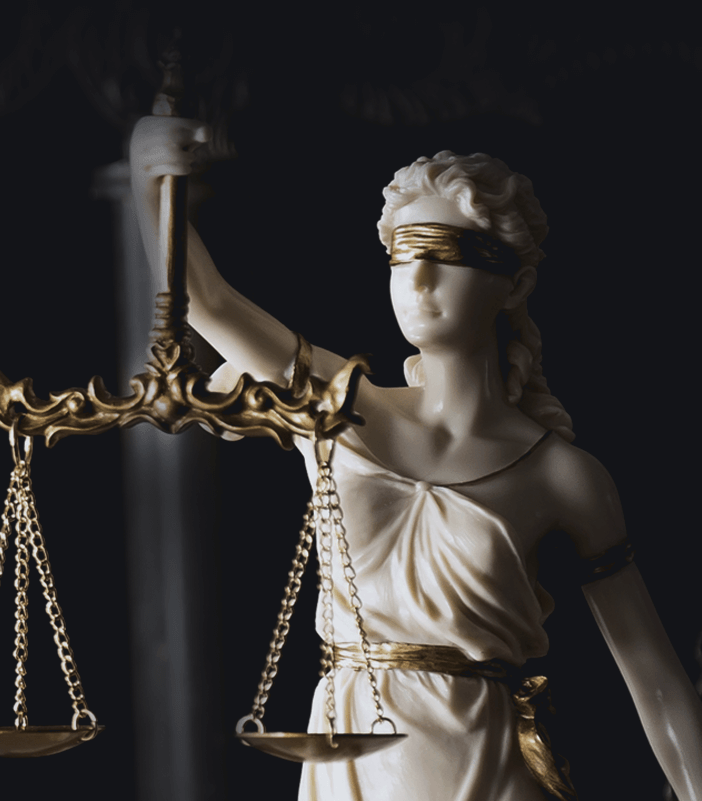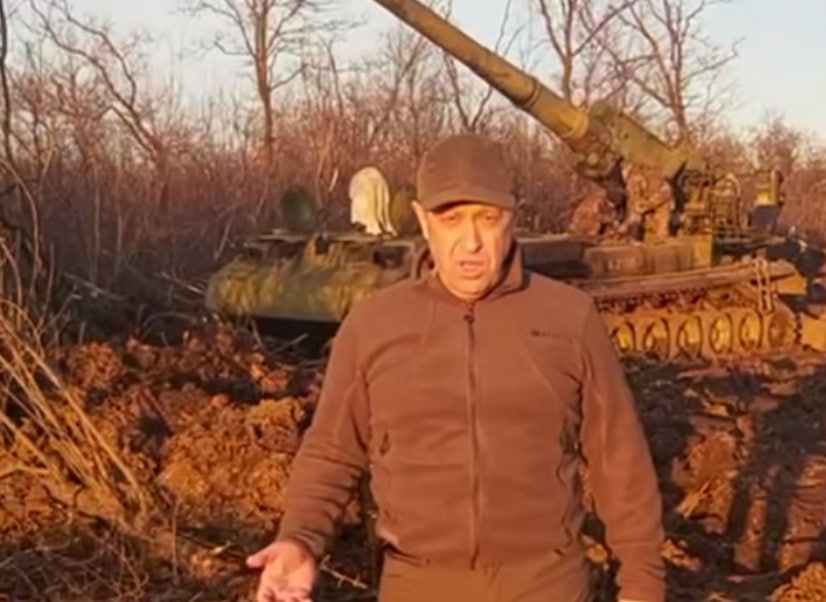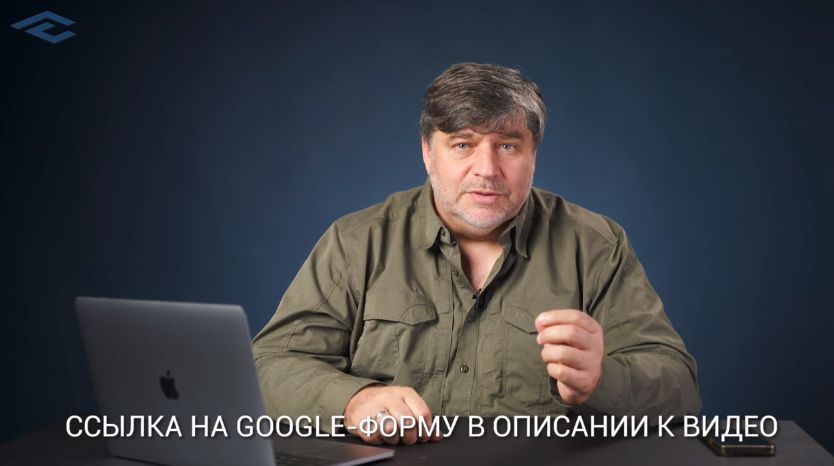A program aimed at the removal from power of the criminal group that has seized the country, transfer of power to civil society and formation of a new class of those citizens who are ready to take responsibility for the country there and then.
- To stop the war in Ukraine, to withdraw the regular troops of the Ministry of Defense of the Russian Federation and Rosgvardiya, the military units of the unrecognized LPR and DPR and the units of all the unofficial armed formations called «private military companies», including «Wagner», «Redoubt» and others, outside the Ukraine 1991 borders.
- To disarm and disband all the withdrawn armed units, transfer all the information on the individuals involved in the war crimes to the Civil Tribunal and detain all the suspects and the accused, if there are legal grounds for their detention.
- To transfer the RF military infrastructure and the infrastructure of the Federal Penitentiary Service and the Ministry of Internal Affairs of the Russian Federation (with the exception of the infrastructure of the RF Aerospace Forces and nuclear weapons) to the control of regional and national civil communities.
- Together with international observers, to take under guard all the facilities of the RF Aerospace Forces and nuclear weapons, Rosatom facilities and other crucial infrastructure facilities.
- To terminate the powers of the RF current executive, representative and judicial authorities at the federal level, in all the regions and republics.
- To liquidate all the federal, regional and republican departments and divisions of the RF Federal Security Service, Federal Penitentiary Service, General Procurator, Ministry of Internal Affairs and Rosgvardiya.
- To prohibit all the suspended employees of the RF Federal Security Service, Ministry of Internal Affairs, General Procurator and judges from holding any jobs or positions in the executive branch, judicial and law enforcement systems and FSIN. The development or adoption of the ready-made lustration laws or legislation proposed by the Civil Tribunal, an independent expert group or any other initiative group should be left to the discretion of a formed legitimate national institution.
- To free all the political prisoners and religious prisoners of conscience listed on the Human Rights Centre Memorial’s lists being updated by the team of the political prisoners support program of the Memorial HRС after the illegal liquidation of the Memorial HRC.
- To recognize all the protesters together with the RF citizens who chose the path of guerilla warfare as freedom fighters, create a special committee for closing of all the politically-motivated criminal and administrative prosecutions and cases initiated in the period of 2000-2022 and revoke all the sentences, convictions and court decisions passed on political grounds.
- To ensure that the Civil Tribunal shall hold an independent and open trial for everyone involved in the usurpation and retention of power, in using the state to provoke and wage an aggressive war or in committing crimes against the peace and security of Mankind, crimes against the person and economic or war crimes on the territory of the Russian Federation and other countries.
- The Civil Tribunal is an independent institution of post-conflict transitional justice formed by professional Russian lawyers under special rules and regulations and operating within the Criminal Code and applicable Constitution of the Russian Federation regarding the human rights values articulated in the International Covenant on Civil and Political Rights and the European Convention on Human Rights, even before their full and complete ratification by legally elected and internationally recognized RF republican and regional representative authorities. The Tribunal’s authority encompasses the processing and review of all the obtained investigative information and evidences on the suspects in the above-mentioned crimes.
- To ensure the right of peoples to their self-determination and local self-government, as well as the formation of the sovereign regional and national subjects capable of building legitimate state institutions. These subjects, on sovereignty grounds, shall be able to conclude social-state federal, confederate and international agreements regulating their relations and form interregional and international institutions.
- Prior to the formation of the legitimate state institutions, in accordance with the principles of the European Convention on Human Rights, even before their full and complete ratification, to ensure public safety, the observance and safeguards of civil rights and freedoms, as well as the operation of the post-conflict transitional justice of the Civil Tribunal on the territory of all the regions and national republics taking part in the project with their representatives being members of the Civic Council.
- Regarding the assets created during the USSR and those, with state funding, created after the USSR collapse, to develop and propose a restitution plan for the recovery of the state funds stolen via the corrupt practices of the representatives of the current or past government, their family members, political associates, affiliates or any foreign actors. The restitution plan shall be a part of the political program of all the Civic Council participants. The Council members may have their own additional restitution programs with due regard for the historical legitimacy boundaries acceptable to their republics and regions.
- To develop and propose a draft law of amnesty for the companies and entrepreneurs whose cooperation with the regime did not involve the criminal use of state authority, but brought gave an unfair advantage to the owners. The nature and illegitimacy of their cooperation with the authorities shall be left entirely to the discretion of the court and comply with the presumption of innocence.
- To organize the payment of reparations to Ukraine by assigning a share for each RF region/ national republic, wherefore to form a special fund based on the assets returned through the restitution process.
- To initiate the negotiations on the incorporation of the new states formed in the territory of the former Russian Federation into the international systems, including, most prominently, the Council of Europe and the jurisdiction of the European Convention on Human Rights. For the creation of the environment, focused on the implementation of the principles of the Council of Europe and from the very stage of the transitional administrations and operation of the post-conflict transitional justice, to establish the position of Civic Council Ombudsman for Human Rights in each region or republic. The activities of the Ombudsmen shall be coordinated by the Secretary of the Civic Council. The decisions on their appointment shall be taken by the Civic Council on the basis of consensus.




